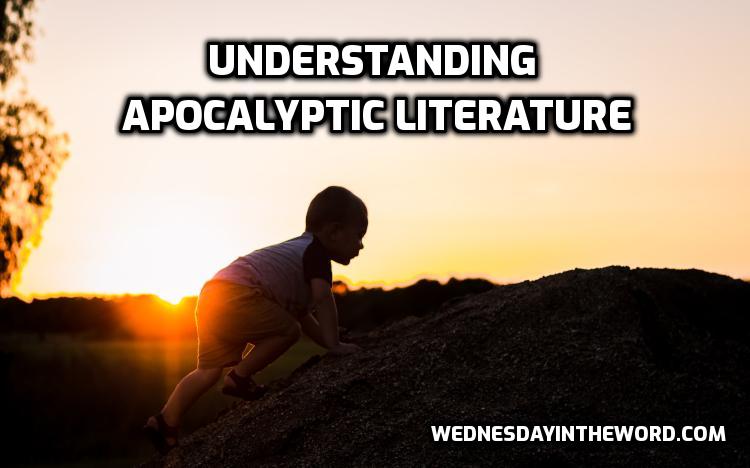
Bible Study 101: Genre
Bible Study 101: Genre – Understanding the various types of literature found in Scripture from Wednesday in the Word.

Bible Study 101: Genre – Understanding the various types of literature found in Scripture from Wednesday in the Word.

Apocalyptic literature is a sub-category of prophecy. The name comes from the Greek word apocalypsis which means uncovering or unveiling.

Background, historical and cultural information to help you study the bible.

3 Tips for Bible Study in a Post-truth World. We may be more interested in emotion than facts, but good Bible study methods haven’t changed.

After you’ve done your observation, word studies, outlining and answered the questions you generated, it’s time to start putting it all together. In this step, you want to collect, refine and organize all those details you observed into a coherent meaning.

We use figurative language all the time: “I’ll have to face the music.” “I’m bored to tears.” “She has a green thumb.” “Don’t let the cat out of the bag.” “He died of embarrassment.” Biblical writers also used figurative language and vivid imagery. How are we to understand it?

An analytical outline is a way of displaying a text of Scripture so that the flow of thought and the relationship between the grammatical parts become clear. It is my favorite study tool and one of the first things I do. Learn how to make one.

You may have been taught to create a list of questions, using the “5Ws and H” (who, what, when, where, why, how). If you need some help learning how to use the “5Ws and H”, here are some questions to get you started.

When learning how to study the Bible, you’ve probably heard the expression “context is king”, meaning context is the arbitrator that rules a particular interpretation valid or not. But how do you use context to decide between possible interpretations?

Bible Study 101 teaches you how to study the Bible, where to find study tools and how to use them. Bookmark or pin this page, as I update it frequently.

Word studies are one of the basic tools of Bible study. With today’s tools, you don’t have to know Greek and Hebrew to do a good word study. Here’s how.

Wondering how to put all the tools and pieces of Bible study together so that you can tackle a specific passage of Scripture? Here’s the overall procedure.